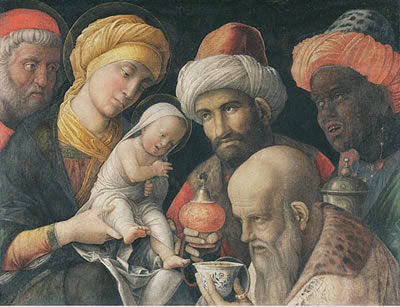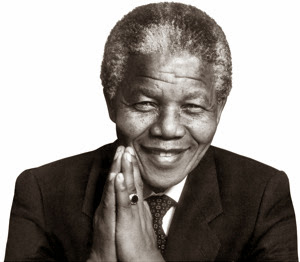Homily preached at Carmountside Cemetery Chapel 8th December 2013
The homily was preceded by the reading of the Gospel according to St Matthew (2:1-4, 9b-11)
___

I was a King once. It was a long time ago. Probably when I was in the infants.
Now this was definitely the best role to have. You came onto the stage last - so your entrance was noticed, and you could probably even manage a wave to your Mum as you walked on. You didn’t have to sit or stand on the stage all the way through, and risk being told off for fidgeting. You didn’t have the embarrassment of being an animal, or wearing a tea towel on your head, or worst of all, if you were chosen to be Joseph, have to sit awkwardly next to a girl all the way through. You got to wear the best clothes. And you carried a fine present.
And you had a nice, straightforward line to say.
I bring gold - I bring frankincense (no I didn’t get it wrong and say “Frankenstein”!) - I bring myrrh.
Just like the Kings, we too bring gifts, give gifts, and receive gifts in this season. Some like Gold, are costly and precious. Others, like frankincense, are sweet smelling, perfumes and chocolates.
But myrrh is different. It is not lush. It not associated with celebration and festivity. Myrrh is the oil, the perfume for the soothing of the sick, the comforting of the anxious, and of the preparation of those at the end of life. It speaks of patience and pain, sadness and sorrow, bereavement and loss.
What an odd gift to bring to this child! But is it? In the midst of life we are in death. In the midst of festivity we are in sorrow. As all around are celebrating, all of us who mourn a loved one feel sadness, and emptiness, for those we love are no longer here.
We might feel awkward to be sorrowing at Christmas. We might hide our tears from others for fear of embarrassing them or ourselves.
But this gift of the wise men tells us that we may grieve, that we must remember, that they are always with us, and that even in moments of joy, we never fail to miss those who are no longer beside us at our celebrations, but who will never be absent from our hearts.

